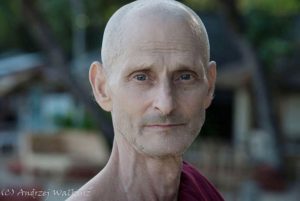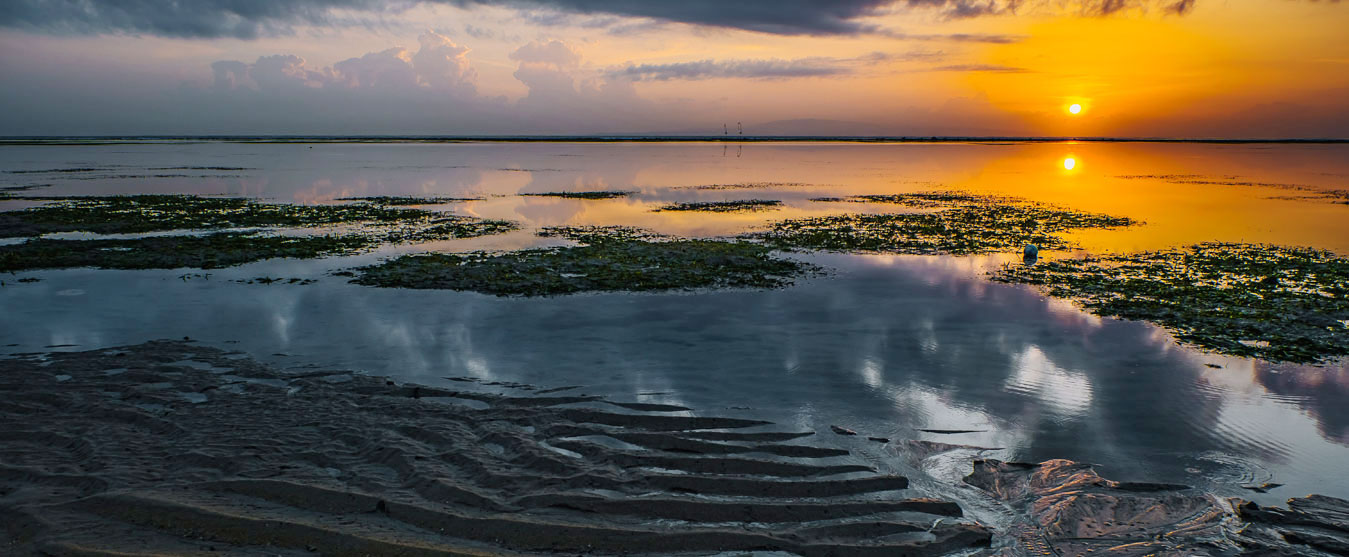 My name is Bhikkhu Moneyya, and I am a Theravada Buddhist monk, currently living in Bali. I want to tell you a little bit about myself and why I decided to create this website.
My name is Bhikkhu Moneyya, and I am a Theravada Buddhist monk, currently living in Bali. I want to tell you a little bit about myself and why I decided to create this website.
November 22nd, 1963 started out like any other day. It was my fourth and final year at an all-boy’s college-prep boarding school. I was a senior at the time, and my main focus was on college admissions. As such, my daily schedule was pretty demanding, consisting almost exclusively of classes, sports and study halls – no TV (except on rare occasions), no internet (it didn’t exist back then), no cars, alcohol, drugs or girls; despite the restrictions, however, it was a charmed life, full of innocence and discovery. All this, however, was soon to change.
When the announcement came that our president had been shot, classes were immediately suspended, and the entire student body assembled in the chapel to pray for his recovery, although there was little likelihood of that, due to the severity of his bullet wounds and the loss of brain tissue. With that single act, some 56 years ago, a dark cloud of suspicion and fear came over our country, casting its shadow over each of us. Perhaps war was coming anyways (or at least the drums of war were growing louder), but after that, its escalation seemed almost inevitable. Slowly but surely, my most cherished values began to crumble away, as the mighty grandeur that had once been Camelot plunged into pandemonium and conflict, and the American dream, which had been my ideal for so many years, was gradually transformed by a ghoulish and twisted nightmare, haunted by visions of napalmed children, immolated monks, public executions, and the brutal massacre of thousands of innocent villagers, as well by the growing division in our own country. The fact that three million Vietnamese died in that war, many of them women and children, has weighed on my conscience ever since.
In 1965, our family moved to New Zealand, in part to escape the escalating tension of the war, but also, for me at least, to continue my studies; several months later, I dropped out of university and spent the next two-plus years traveling through the Middle East and Europe. At the end my travels, in 1968, I embraced the Buddhist teachings, a natural and necessary step in my evolution, which brought some order and clarity into my life and into the world around me; that was the first time I actually thought about becoming a monk (although I did not take final ordination until 2002). In 2001, just as the scars of the Vietnam War were beginning to heal, another dark cloud arose, this time, encompassing the Twin Towers and taking with it close to 3,000 innocent victims. The resulting “war on terror” created an atmosphere of outright paranoia and gave our government all the rationale it needed for continuing on a path of regime-change wars and CIA-sponsored coups. Leading up to the present day, one could easily make the argument that war (and the overthrow of foreign governments) has become America’s modus operandi.
For many years now, since that first dark cloud arose in 1963, I’ve been waiting for someone to come along who could lead our country in a different direction, someone with the courage and humanity of a JFK or a Martin Luther King, who could not be bought off or threatened, someone who would stand up and proclaim to the world, as Yitzhak Rabin did in 1993, while shaking hands with Yasser Arafat: “Enough killing, enough bloodshed!” I believe we have found that person in Tulsi Gabbard, a veteran and woman of color, whose humility, courage, honesty and compassion have been an inspiration to me since the first time I heard her speak. Tulsi has made the ending of US-initiated regime-change wars her platform issue, and, I believe, rightly so. But what I love most about her is her desire to put service above self. Perhaps JFK had the same kind of character, which he demonstrated as the commander of PT-109, in his heroic encounter with a Japanese destroyer during World War II, but in my opinion, he was the last US president to possess such virtue and therefore, as commander in chief, our last truly great leader. Not only do I feel that Tulsi could equal JFK in this respect, but that she might even surpass him in other areas, such as non-interventionism, health care and prison reform, and perhaps even usher in a new age of peace and harmony. In an era of international cooperation, imagine how much easier it would be for humanity to deal with problems like global warming and global pollution, food shortages and natural disasters.
Now I know that Buddhist monks are not supposed to get involved in politics, but since the Buddha himself spoke out against war on several occasions, I feel no compunction in following his example, although I have to admit, it’s taken me more than a year to work up the courage to undertake this project.
A few final things I’d like to point out: I am not a member of any political party, nor am I a Buddhist nationalist. I am a patriot, but not at the cost of war. I didn’t go to Vietnam, but I respect those who did, although I’m not sure how much I respect those who sent them there. I believe in freedom of speech, but every freedom has its limits; therefore, we should set our limits wisely, without bias and in accordance with our Constitutional rights. I believe in the practice of loving-kindness and forgiveness, and that these noble qualities should be at the core and foundation of our government. At the same time, no nation should needlessly forfeit its own welfare for the benefit of others. I believe in being true to oneself, but in doing so, we should not violate the truth of others. Above all, I believe in reason and good common sense, in taking the time to examine an issue based solely on its merit, without falling prey to identity politics. It seems to me that our current generation has become increasingly foolish in this respect, willing to believe anything, as long the right label is put on it. Instead, let us try to find a middle way, a path between the extremes created by our two-party system and an “I am right and you are wrong” mentality. Let us always be open to discussion and cultivate a willingness to hear the views of others. If we can do that, I believe there is hope for the future. If not, then surely, the drums of war will continue to grow louder.
Bhikkhu Moneyya
Bali, Indonesia
December 23, 2019



